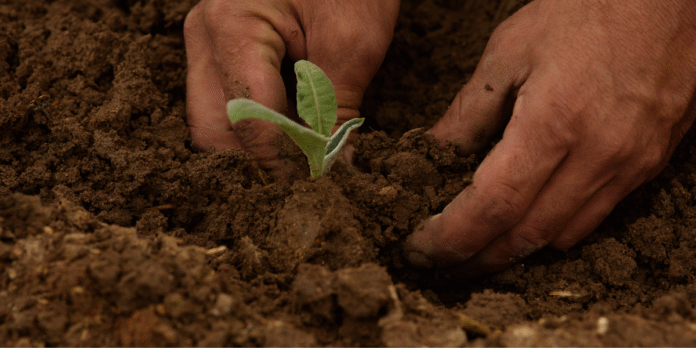A field visit by the Deputy Commissioner of Nicobar District has spotlighted the growing impact of scientific agricultural interventions among tribal farming communities in Car Nicobar. During the visit, conducted at multiple sites coordinated by the ICAR-Krishi Vigyan Kendra (KVK), the DC commended farmers and researchers for their commitment to sustainable agricultural development.
The visit began at Tamaloo village, where the Deputy Commissioner met with Leslie, a progressive tribal farmer engaged in crop diversification and poultry rearing. The DC examined demonstration plots showcasing improved crop varieties and modern farming techniques introduced through KVK support. He appreciated the farmer’s initiative in embracing technology to improve yield and reduce input costs.
The tour continued to Big Lapathy village, where the Deputy Commissioner interacted with other tribal farmers actively participating in KVK programs, including Ester Reginal, Patrick, and Jaan Mohammed. These farmers shared their experience with soil health management, crop planning, and backyard vegetable cultivation, all key components of the on-farm technology transfer approach promoted by the KVK.
Praising the visible improvement in farming practices and sustainability of local livelihoods, the Deputy Commissioner encouraged continued collaboration between the district administration and the KVK. He also engaged in open discussions with both the farmers and KVK experts on the need for rainwater harvesting structures to manage water scarcity and improve agricultural resilience.
The visit was facilitated by Dr. E. B. Chakurkar, Director of ICAR-CIARI, and led by Dr. Santosh Kumar, Senior Scientist and Head of KVK, Nicobar. The team was supported by subject matter specialists Dr. Akshay, Deepoo Meena, Dr. Ajmal S., and Dr. Sanketh G.D., who are leading KVK’s work in agronomy, horticulture, livestock, and natural resource management in the region.
Farmers were briefed on low-cost rainwater harvesting structures that can be built using locally available materials. These structures are being promoted not only as water conservation tools but also as climate-resilient farming solutions. The KVK team explained that such systems help maintain soil moisture, reduce dependency on erratic rainfall, and improve overall farm productivity.
The Deputy Commissioner assured farmers of the administration’s full support in addressing local challenges, especially those related to water security, market linkages, and post-harvest management. He urged the KVK to continue its capacity-building efforts and called for greater inclusion of women and youth in agricultural innovation.
Officials noted that the visit strengthened ties between grassroots farmers, agricultural scientists, and the local administration. It also reinforced the critical role of Krishi Vigyan Kendras in translating scientific research into practical benefits for tribal and remote communities.
The Nicobar visit is being viewed as a case study in how on-ground engagement, farmer-friendly innovation, and institutional collaboration can accelerate rural development. With rising interest in climate-resilient farming, such model villages may serve as blueprints for similar interventions across island and coastal regions.





